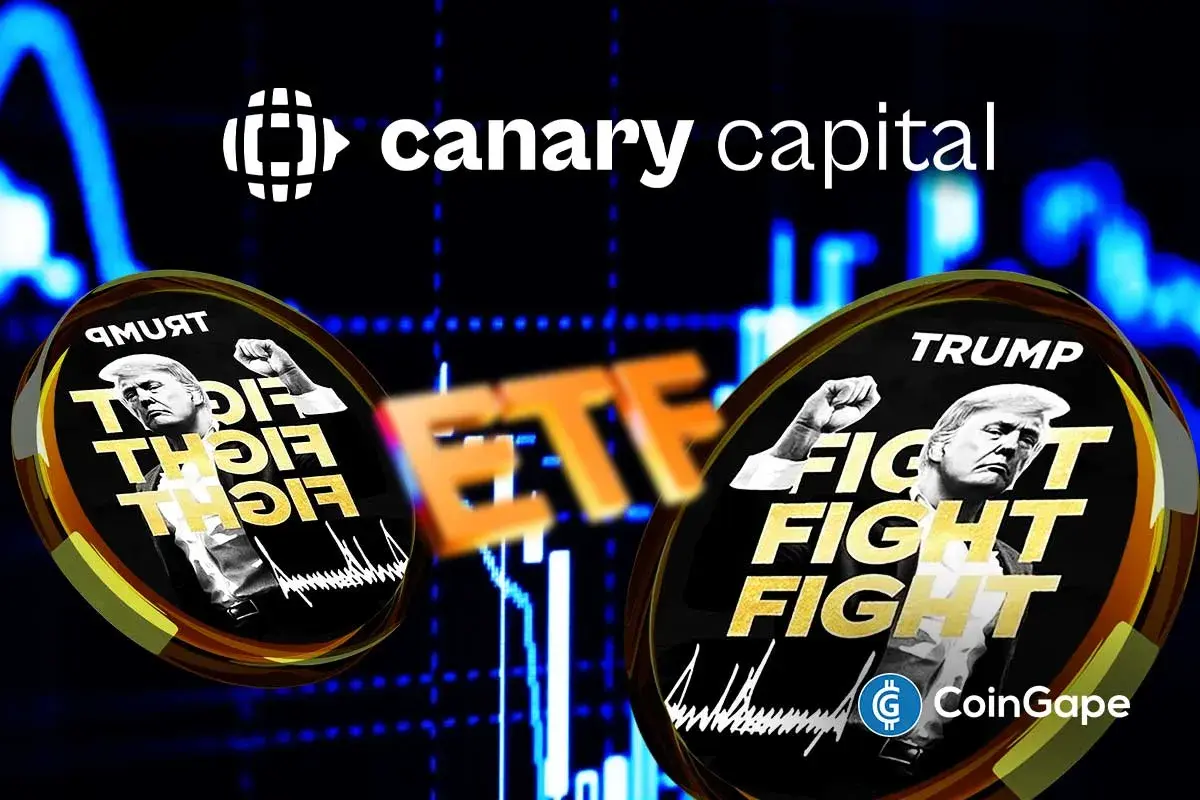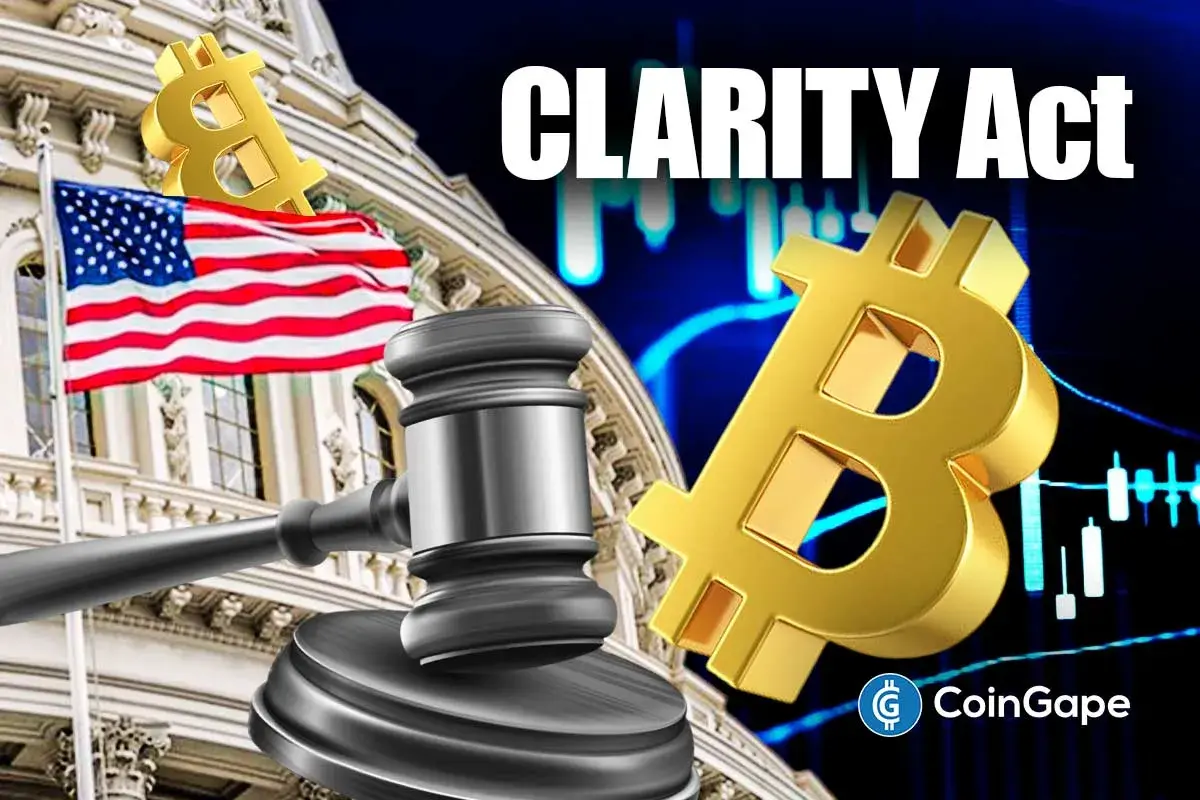Just-In: Bank Of Israel Issuing “Digital Shekel” CBDC

The Bank of Israel planning to issue its central bank digital currency (CBDC) digital shekel, the Israel central bank said on Monday. The central bank has shared potential reasons supporting the decision to issue a digital currency in the future.
According to a press release on April 17, the Bank of Israel Steering Committee on the Potential Issuance of a Digital Shekel outlined the plan to issue a digital shekel “SHAKED.” While the decision has not been finalized yet, the central bank revealed potential reasons behind the issuance of a CBDC.
The Bank of Israel shared factors that would support a decision to issue a CBDC in the future. It includes CBDC issuances by other countries such as the U.S. and the European Union, declining cash transactions in Israel, stablecoin adoption, competition in the domestic payment system, and technological developments in payments.
Recently, the central banks of Israel, Sweden, and Norway have been exploring the potential of retail central bank digital currencies (CBDCs) in the “Icebreaker” project led by the Bank for International Settlements (BIS) Innovation Hub. The Bank of Israel earlier worked with the Hong Kong Monetary Authority on a trial to test a new digital currency issuance in the country.
G20 Common Crypto Regulatory Framework
The G20 nations are working on improving cross-border payments with CBDCs to streamline and lower the costs of payments. The Bank of Israel’s CBDC project manager Yoav Soffer noted that if a global infrastructure is actually developed, a Bank of Israel digital currency will improve cross-border payments for Israelis.
Furthermore, the G20 nations are discussing a common framework for regulating crypto under the presidency of India. Nirmala Sitharaman, Finance Minister of India, said all nations have agreed on a common framework for managing risks associated with cryptocurrencies.
Also Read: SEC Losing Grip On Supreme Court Case; Will This Help Ripple?
- Bitcoin Price Rebounds $70K, Here are the Top Reasons Why?
- Crypto Market Weekly Recap: Crypto Bill White House Meeting, Binance Buys $1B BTC, and More (9- Feb 13)
- TRUMP Coin Pumps 5% as Canary Capital Amends ETF Filing With New Details
- Crypto Prices Surge Today: BTC, ETH, XRP, SOL Soar Despite US Government Shutdown
- CLARITY Act: Crypto Group Challenges Banks Proposal With Its Own Bill Suggestions
- 3 Top Reasons Pi Network Price Surging Today (14 Feb)
- XRP Price Prediction Ahead of Potential U.S. Government Shutdown Today
- Bitcoin Price Outlook As Gold And Silver Lose $3.6 Trillion in Market Value
- XRP and Ethereum Price Prediction as Trump Seeks to Lower Key Tariffs
- Solana Price Prediction as $2.6 Trillion Citi Expands Tokenized Products to SOL
- Bitcoin Price Could Fall to $50,000, Standard Chartered Says — Is a Crash Coming?


















